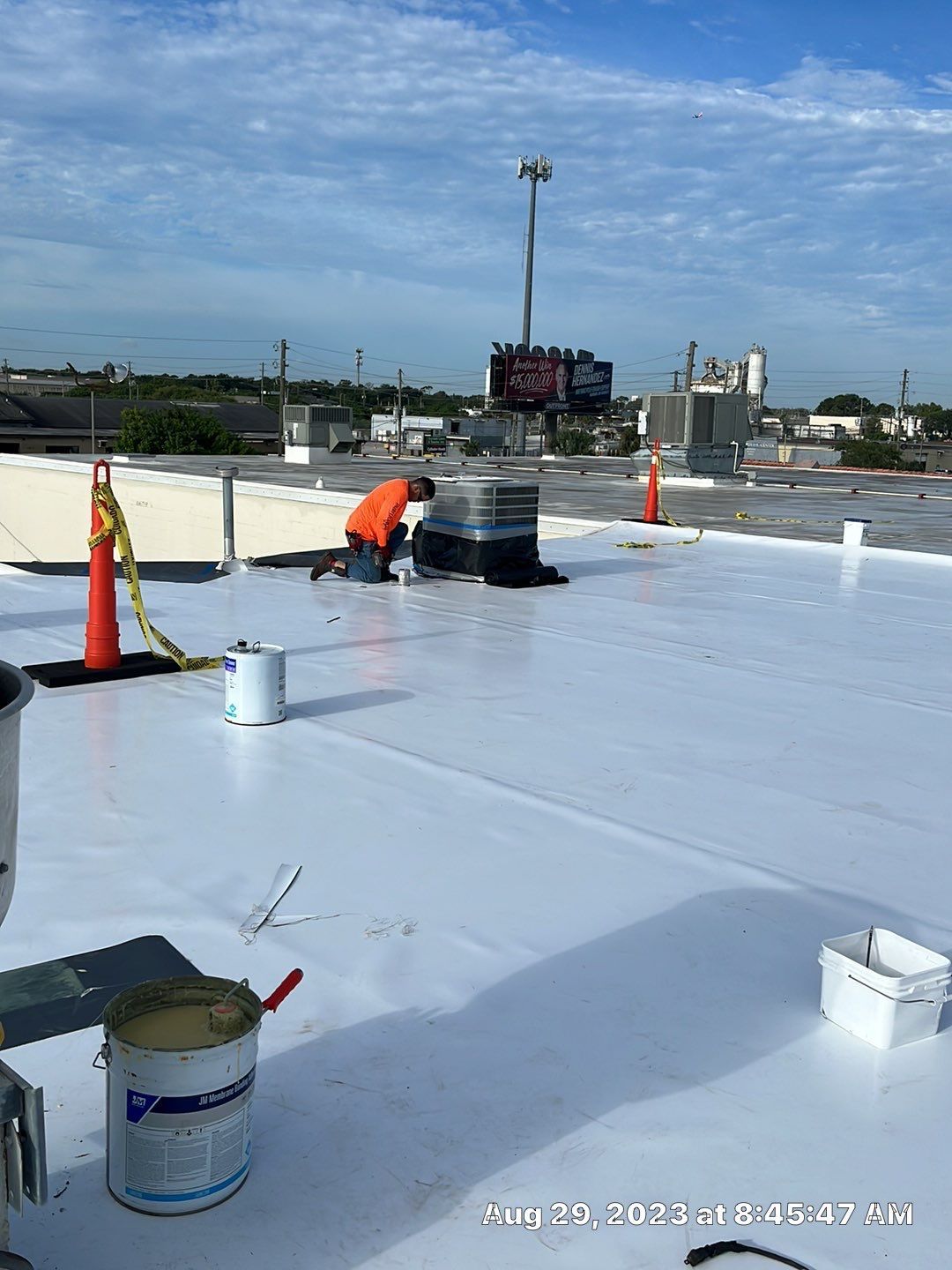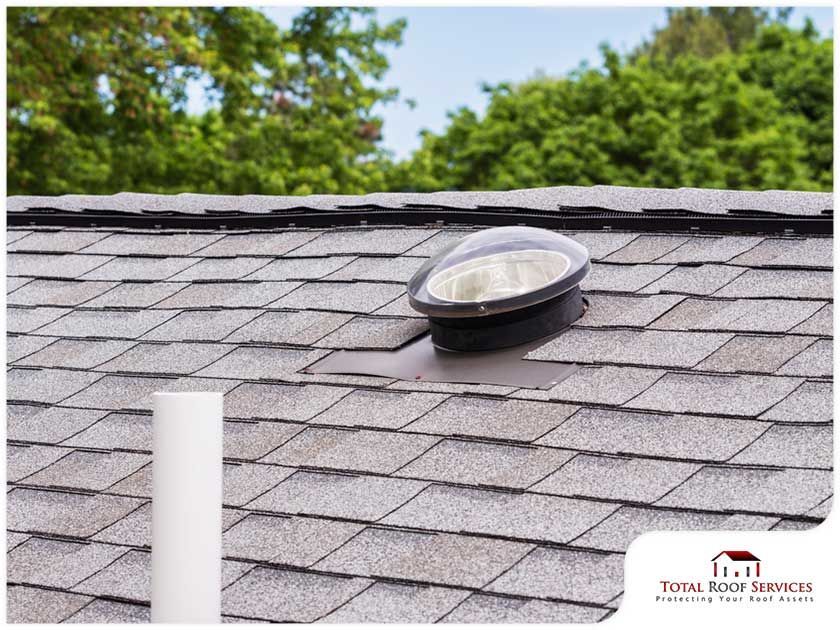Metal Roofing: Does It Really Attract Lightning?
Metal Roofs and Lightning
Having a metal roof does not increase the likelihood of your home being struck by lightning. Generally, lightning discharges depend on the geography, topography and movement of the storm. And, when lightning is ready to discharge, it will do so regardless of whether there is a metal roof nearby or not.
Another misconception that needs to be cleared is that lightning rods and metal roofs work in a similar way – they attract lightning. But the fact is that lightning rods are actually designed to protect a structure during lightning strikes. These rods ensure that lightning is channeled safely to the ground so that it won’t cause damage to your roof or home.
Lightning Protection System
If you’re still worried about lightning strikes, the best thing for you to do is to choose high-resistance materials for your roof. Your roofing contractor can help you go through your options so that you can make an informed choice.
You might also want to set up a lightning protection system for your home. This system typically consists of a metal lightning rod, which should be the tallest part of your home, and metal wires, which are connected to the rod. The metal rod is buried in the ground. So, when lightning strikes, the rod can safely redirect the discharge to the earth, preventing any damage to your home.




